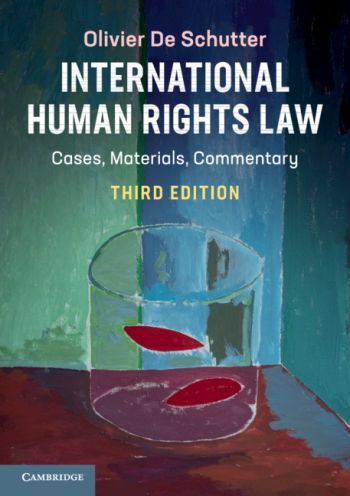
International human rights law has expanded remarkably since the 1990s. It is therefore more important than ever to identify, beyond specific controversies, its deeper structure and the general pattern of evolution.
Moreover, it has a logic of its own: though part of international law, it borrows many of its principles from domestic constitutional law. This leading textbook meets both challenges. It has been significantly updated for the new third edition, introducing sections on subjects including business and human rights, amongst other key areas.
Features include forty new cases from various jurisdictions or expert bodies, and figures offering visual descriptions of the procedures discussed in the text. The 'questions for discussion' have also been systematically updated.
The text retains its student-friendly design, and the features which made the previous editions so engaging and accessible remain. This popular textbook continues to be an essential tool for all students of human rights law.